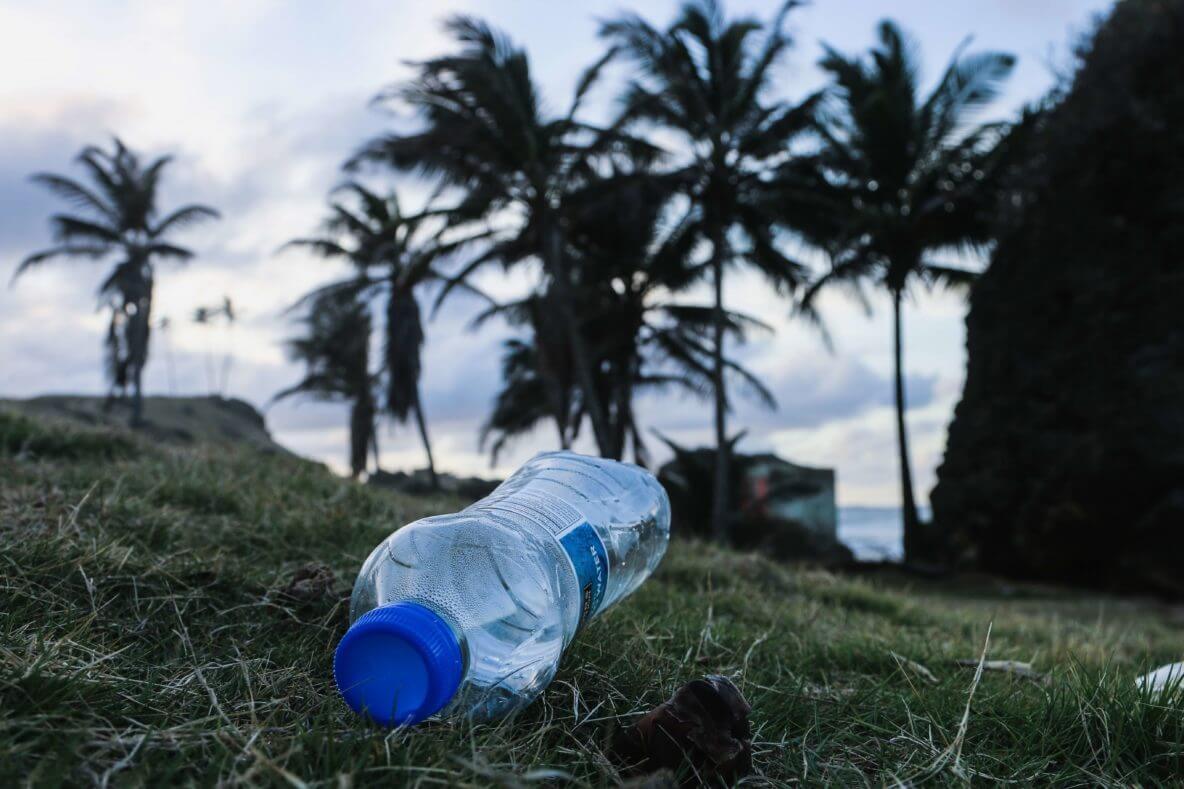
Inhaltsverzeichnis
Why zero waste is not the only solution
We have talked about zero waste on this blog several times and also about the importance and the advantages of this approach ("The zero waste lifestyle", "The zero waste principle").
We have also addressed the fact that zero waste is not always 100% feasible, and that that is fine. Building and implementing such a lifestyle can be time-consuming and challenging. Maybe you don't dare to implement zero waste in the beginning or personal circumstances such as your place of residence make it difficult to realize a zero waste lifestyle.
It is important to me to create a greater awareness of the issue. Each of us should start to think about what we can personally contribute to solving the global waste problem - and this can also be done with alternatives to zero waste.
Reducing waste is generally not easy. Even if we try and it still doesn't work out so well, it doesn't mean that we fail or that we just don't try hard enough. We simply have bad cards. Most of the products or food we use every day are packed in some kind of packaging and it can be quite a hassle to find a packaging-free alternative. So as beneficial and desirable as a zero waste lifestyle may be, it is far from being the only way to make a difference to our environment and our planet.
That's why I would like to present four alternatives to zero waste with which you can make a difference. Excuses adé!
1. Back to the origin
To find back to the source means to think about where the waste comes from - because the real source is the point where something has to change. Instead of spending time trying to find a plastic-free alternative for our own household (which is great, of course - no question), we can think about how to have a greater impact. This can be done, for example, by helping to make life more accessible to everyone with less waste
What do I mean by this in concrete terms?
Surely you have encountered (plastic) packaging in the supermarket that didn't have to be: For example 1 kilo of apples packed in a plastic bag with a handle. Of course this is practical; but is it really necessary? At least not for me. In such a situation you can (apart from reaching for loose apples) contact the producer. This is not only possible via mail or contact form on the manufacturer's website.
In Germany there is a wonderful free app, the ReplacePlastic App
For a long time I thought that such a thing was "not worth anything anyway". But many manufacturers stick to their plastic packaging because they believe that we as consumers want it that way. Feedback is important to express our need and desire for plastic-free packaging. In this way the source of the real problem can be reached.
Of course these things cannot be changed overnight. But in my opinion it is important to enter into a dialogue instead of just being on opposite sides. Because the most direct way to let the manufacturers know that we are not interested in plastic packaging is to simply tell them that.
Of course, this applies not only to the manufacturers of products, but also to problems that we notice in other places. Cafés and restaurants that use, for example, non-recyclable take-out containers or disposable tableware are sometimes more open to change than one might initially think. Unfortunately, however, they often still need to be actively brought to their attention and made more aware.

2. Improving waste disposal in the place of residence
Compared to other countries, Germany already does quite a lot for waste separation and recycling. Nevertheless, it still happens frequently that not enough waste is separated in entire residential units. Only a fraction of the recyclable products are actually recycled in the end. Compost plants are often not even known to the younger generations.
Isn't it also up to us, the residents of the community itself, to exert sufficient pressure? Whether it is the landlord, the property manager, the local council or politics in general... These are also the people you can talk to and draw more attention to the obvious problems. You don't have to become the biggest climate activist. But even the participation in petitions or social media groups can have more impact than you think. Keep your eyes open and take advantage of opportunities!
3. Pick up rubbish
This point reflects a development that I have noticed very positively lately. More and more families, friends or like-minded people are joining forces to collect rubbish in littered places. I believe that especially viral videos and documentaries have had a decisive influence on this. Because they often show frightening pictures. Pictures of birds, fish and other animals suffering or even dying from the garbage. The documentaries often deal with the problem of plastic on beaches and in the seas.
But these things do not only happen at a distance. The animals in our gardens, parks and city centres can also be directly affected. So it may be a consideration for you to go out on your own or with others and thus directly counteract the littering.
More and more people in Sweden are "plogging". "Plogging" is a composition of the words "plocka upp" (Swedish for "to pick up") and "jogging". So as you can probably guess, people go jogging and pick up trash. Picking up rubbish not only helps the environment, but also makes us feel good. Especially in a community such an action can create a sense of connection and meaning.
4. Reduce your own waste
I know that I said at the beginning that this article should show alternatives to zero waste. Nevertheless, I would like to say again briefly that a great deal can be achieved with small changes. Because even if only small changes in your habits at first, in the long run this can make a bigger difference than if you try to live completely free of waste for a month and then stop because it was too overwhelming.
Every environmentally conscious decision, no matter how small, helps to reduce waste. Every time you choose not to use a straw or a disposable container, you do something good for the environment. Even if your contribution may not seem significant at first - it certainly is!
By the way, in earlier blog posts ("The zero waste lifestyle", "The zero waste principle") you will get even more concrete suggestions on how zero waste can be implemented
This four-part list is certainly not complete or exhausted. As I wanted to keep the article clearly arranged, I limited myself to the points above - if you have any other suggestions or know of other alternatives to zero waste, please feel free to share them with us in the comments
If you want to learn more about sustainability, mindfulness or healthy eating, take a look at our other related blog posts.












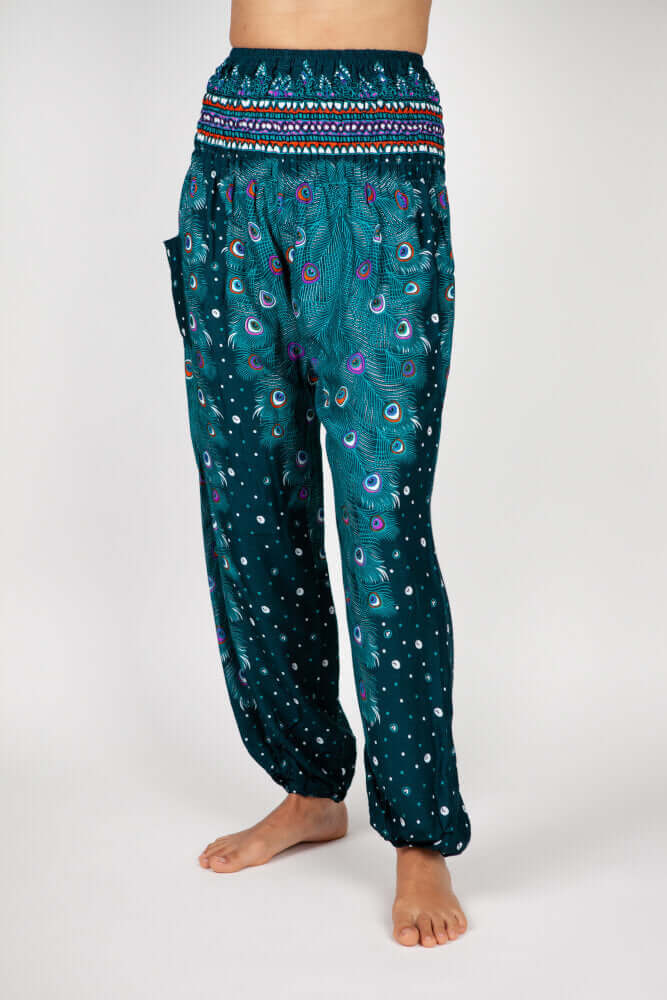
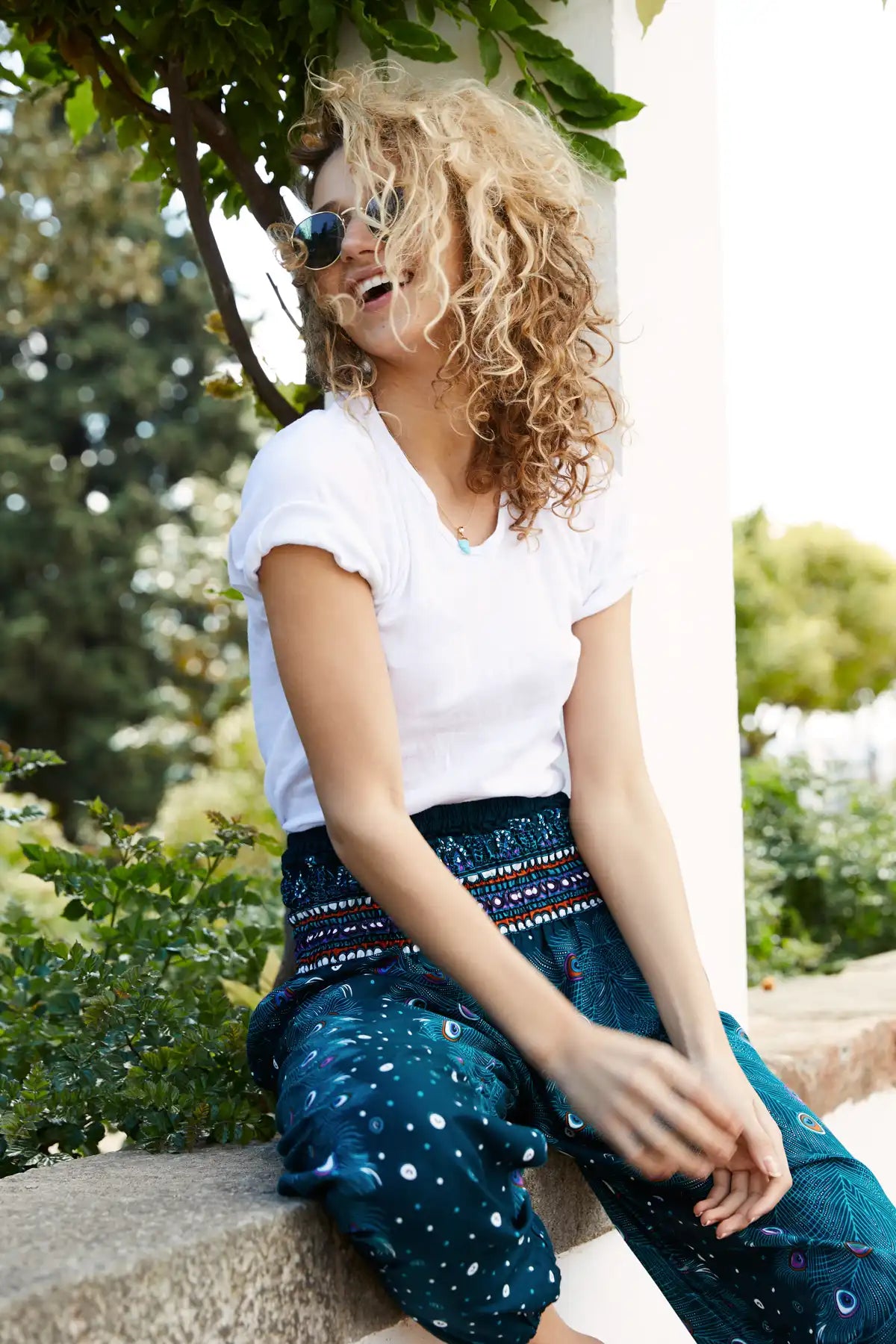
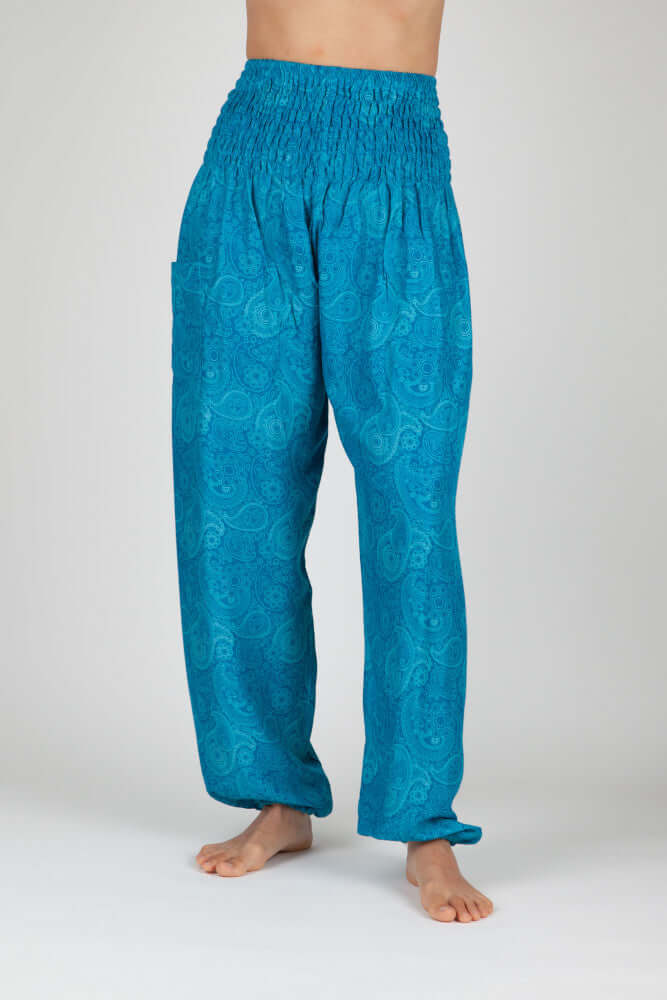

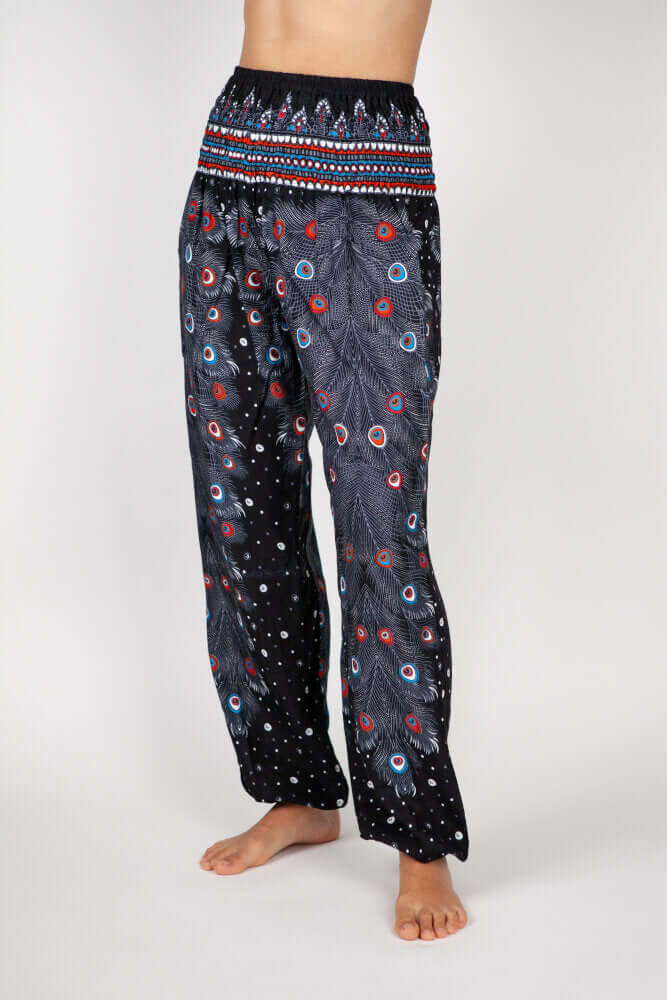



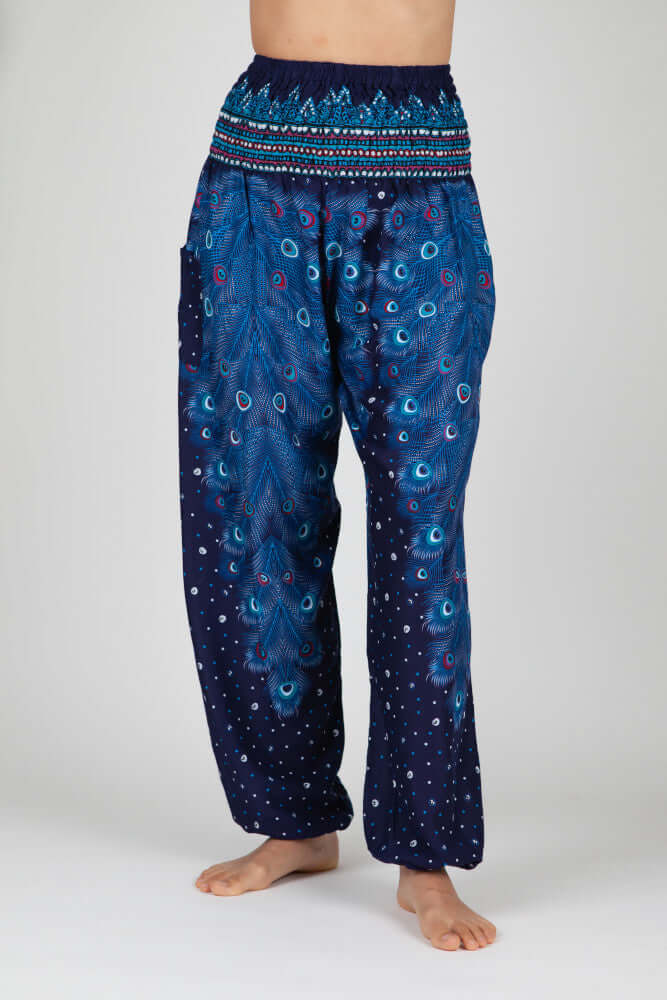

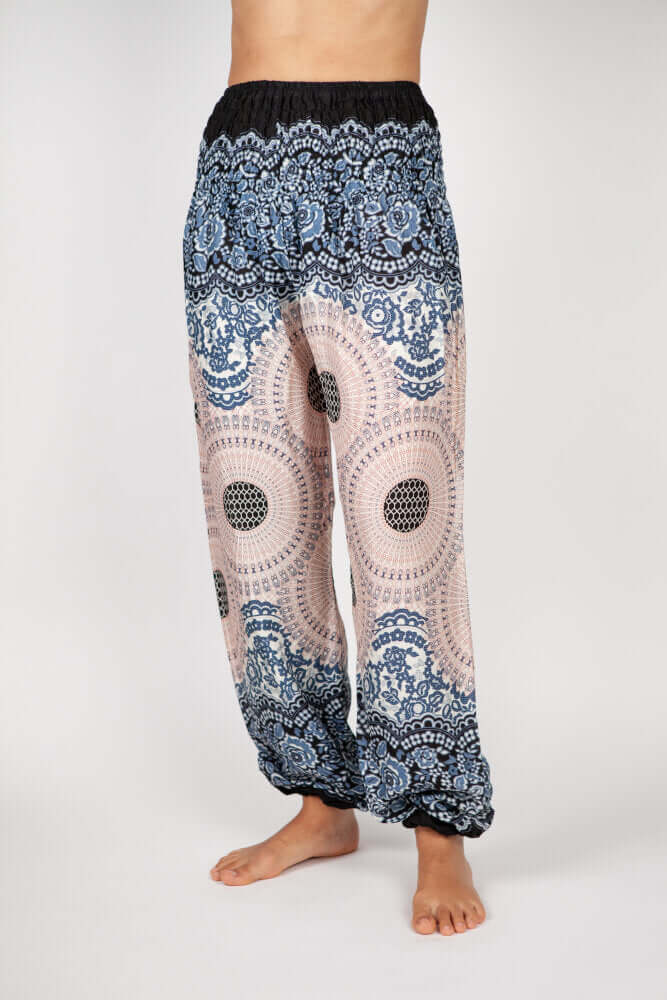



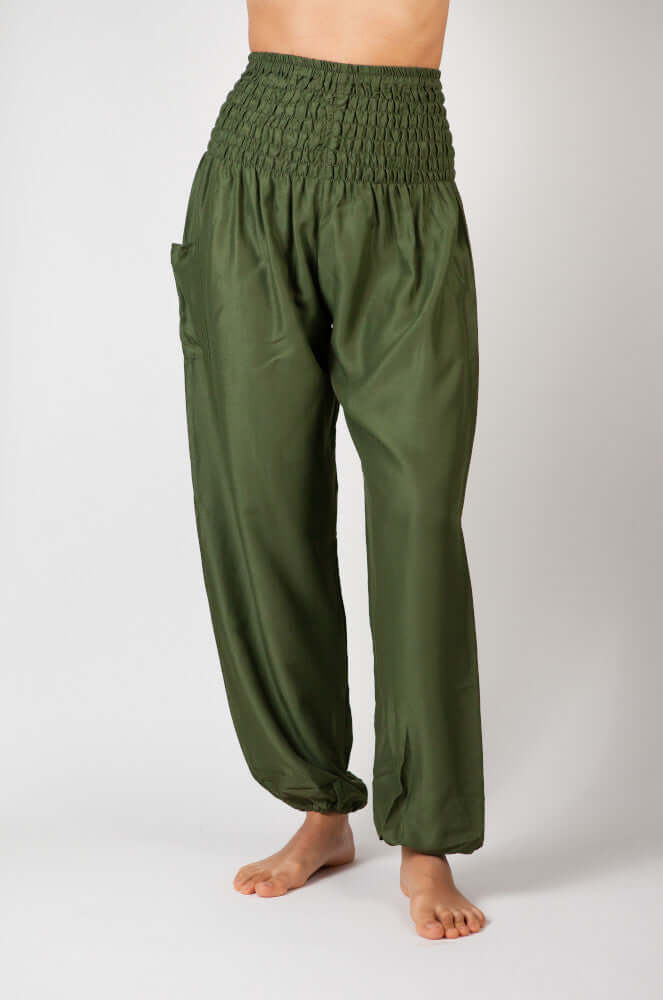

Leave a comment
This site is protected by hCaptcha and the hCaptcha Privacy Policy and Terms of Service apply.